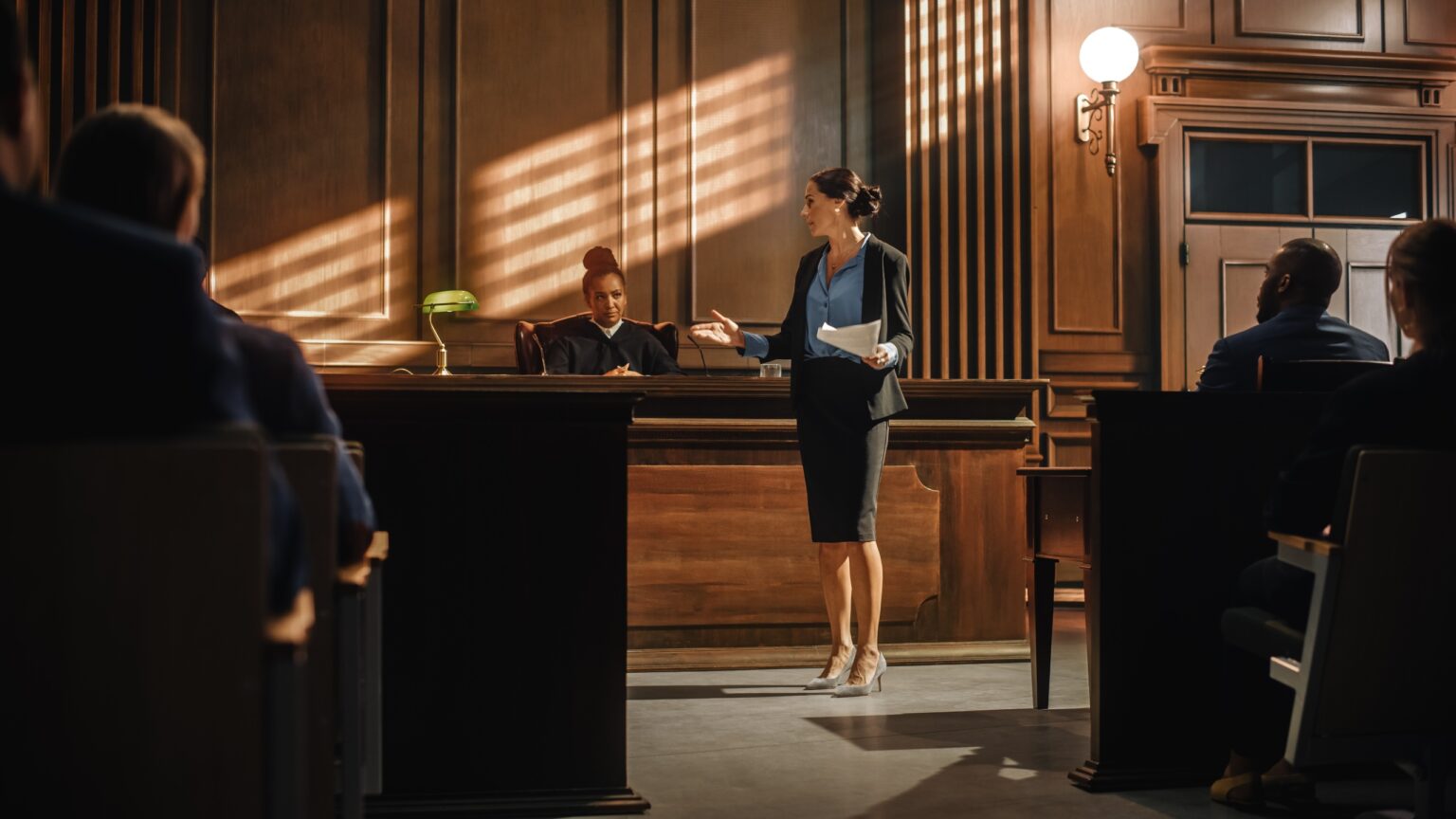The Fifth U.S. Circuit Court of Appeals in New Orleans is pioneering a significant shift in legal practice with its recent proposal. This groundbreaking initiative, the first among America’s 13 federal appeals courts, is set to regulate the use of artificial intelligence (AI) in legal filings.
Aimed at attorneys and self-represented litigants, the rule mandates disclosure of AI tool usage, such as OpenAI’s ChatGPT, in drafting briefs and ensures independent human review of AI-generated content for accuracy.
The 5th Circuit is proposing requiring lawyers to certify that they either did not rely on artificial intelligence programs to draft briefs or that humans reviewed the accuracy of any text generated by AI in their court filings https://t.co/iPThJP4Uk5 via @nateraymond
— Sara Merken (@SaraMerken) November 22, 2023
The Dawn of AI in Legal Practice
The legal world is at a crossroads with the advent of AI technologies. The proposed regulation by the Fifth Circuit addresses growing concerns about AI’s reliability and ethical implications in legal work. This move comes after incidents highlighting the risks of unregulated AI use in the legal field.
For instance, two New York attorneys faced sanctions for incorporating six fictitious case citations generated by ChatGPT in a legal document. In another case, a Colorado lawyer received a suspension for using an AI chatbot to draft a legal motion, which resulted in the inclusion of incorrect and made-up case law.
Colorado lawyer suspended for using AI platform to draft legal motion https://t.co/t1jTfo4nZu pic.twitter.com/pEAIHj6bkg
— CBSColorado (@CBSNewsColorado) November 22, 2023
These instances underscore the urgency of regulatory measures. The Fifth Circuit’s proposal is a proactive step to ensure that the integration of AI in legal proceedings does not compromise the integrity and accuracy of legal work. The rule stresses that while AI can assist in legal research and drafting, it cannot replace the critical thinking and analytical skills fundamental to legal practice.
Therefore, lawyers must meticulously review and verify the accuracy of AI-generated content in their filings. Failure to comply could lead to submission invalidation and possible sanctions.
Balancing innovation and responsibility
The proposal by the Fifth Circuit is more than a regulatory measure since it represents a pivotal moment in the legal profession’s adaptation to technological advancements. The rule reflects a balanced approach, recognizing the potential benefits of AI in streamlining legal processes while emphasizing the need for careful oversight to prevent inaccuracies that could affect legal outcomes.
In addition, it places a significant responsibility on legal professionals to ensure the judicious use of AI, fostering a culture of integrity and accountability in adopting new technologies. This initiative is timely, considering AI tools’ rapid evolution and increasing presence in various professional sectors, including law.
The proposed rule, open for public feedback until January 4, signals the judiciary’s commitment to maintaining ethical standards and accuracy in the face of emerging technologies. It also acknowledges the necessity of human judgment in interpreting and applying the law, a cornerstone of the justice system.
Setting a Precedent for the Future
The Fifth Circuit’s proposal could serve as a model for other courts and legal institutions grappling with integrating AI into their operations. Furthermore, it highlights the importance of striking a balance between harnessing the efficiencies of AI and maintaining the fundamental principles of legal practice. The rule encourages legal professionals to be forward-thinking and adaptable yet cautious and thorough in their application of AI.
Significantly, the Fifth Circuit’s proposed rule is a thoughtful response to the challenges of integrating AI in the legal field. Furthermore, it underlines the need for a collaborative approach between technology and human understanding to preserve justice and truth. As the legal community grapples with the difficulties of AI, this proposal indicates the judiciary’s commitment to embrace innovation responsibly and ethically, ensuring that the rule of law remains robust in the digital age.









 and then
and then